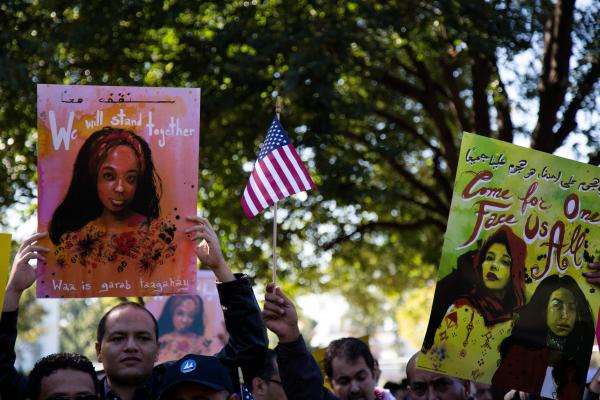Jan 31, 2018
And this is the America I believe in. No matter how we differ in our beliefs or practices, this country is meant to be a place where all of us feel safe and have the opportunity to thrive. So — despite demeaning rhetoric, stigmatizing policies, and acts of hatred and violence — I have hope, because I choose to see the many ways that people of faith and goodwill are pushing back. I hope that you do, too.
Read the Full Article

Already a subscriber? Login
